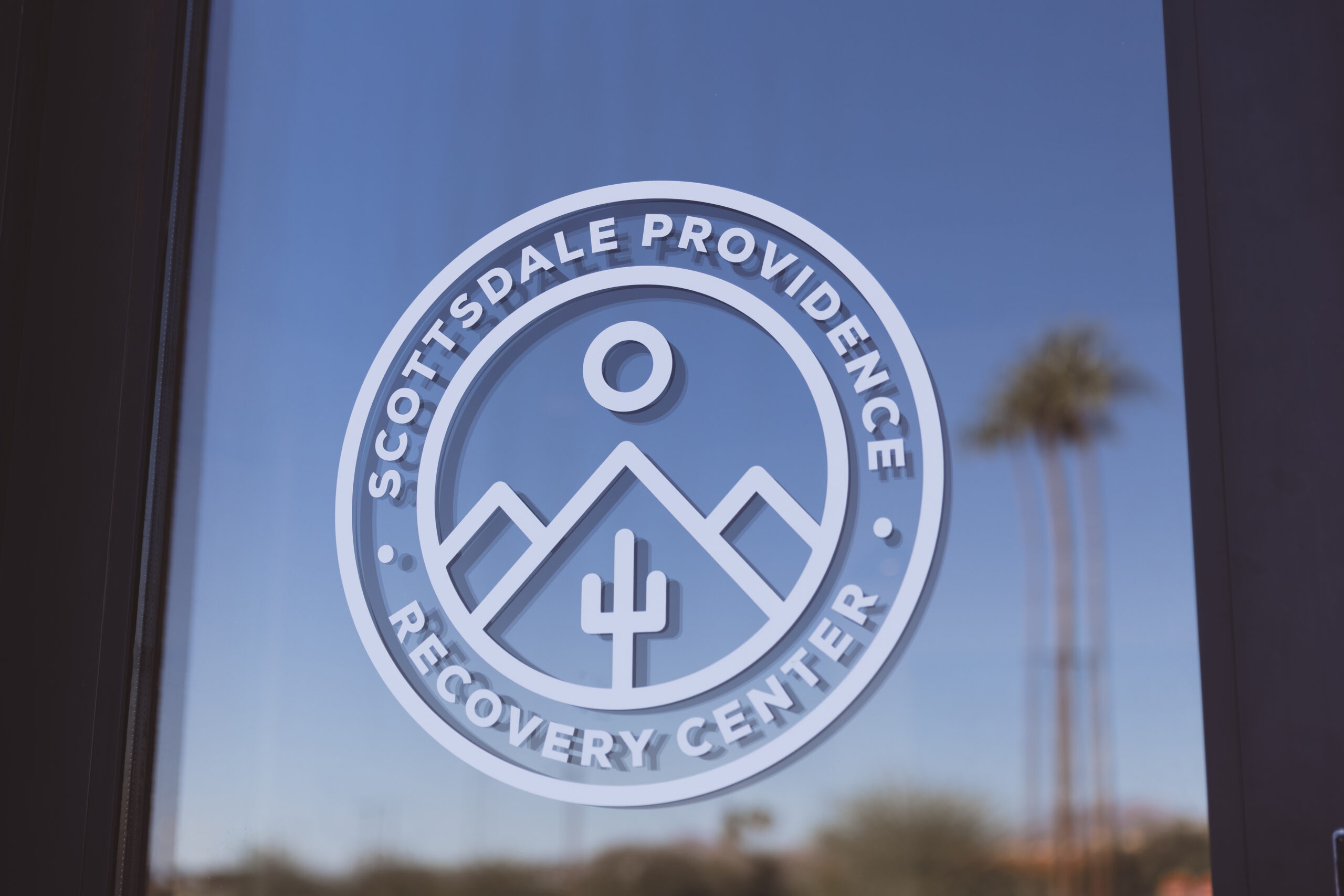
Recovery
Recovery after experiencing bipolar disorder is a transformative journey, marked by its challenges and profound moments of growth. It's a path towards rediscovering stability, resilience, and emotional well-being.
Treatment is a pivotal step on the road to recovery, offering a guiding light of hope and the promise of a more balanced future. Various therapeutic approaches provide relief from symptoms, empowering individuals with the tools to confront and manage the disorder, fostering a return to a fulfilling and vibrant life.
Recovery After Bipolar Disorder
Bipolar disorder treatment plays a crucial role in alleviating symptoms and supporting the recovery process through several effective avenues:
- Medication: Mood stabilizers, antipsychotics, and other medications can help regulate mood swings, manage manic and depressive episodes, and enhance overall stability.
- Psychotherapy: Engaging in psychotherapy, such as Cognitive Behavioral Therapy (CBT) or Dialectical Behavior Therapy (DBT), enables individuals to explore and address the thoughts and behaviors associated with bipolar disorder. It equips them with coping strategies for effective symptom management.
- Lifestyle Changes: Making positive adjustments to one's lifestyle is integral to the recovery journey. This may involve adopting a consistent sleep schedule, maintaining a balanced diet, and incorporating regular exercise to promote overall well-being.

For instance:
- Medication may contribute to stabilizing mood fluctuations, assisting individuals in their journey toward recovery from bipolar disorder.
- Psychotherapy sessions can provide essential tools for navigating the challenges of daily life, supporting ongoing recovery efforts.
- Embracing lifestyle changes, such as cultivating healthy habits and routines, plays a vital role in promoting a sustained sense of well-being.
Treatment can also offer:
- Reduced Relapse Risk: Following a period of recovery, individuals with bipolar disorder may be vulnerable to relapses. Bipolar disorder treatment helps identify and manage potential triggers, reducing the risk of relapse.
- Enhanced Overall Quality of Life: Bipolar disorder often affects various aspects of life. Treatment, by reducing symptoms and improving mood, energy levels, and relationships, contributes to an enhanced overall quality of life.
- Recovery from Bipolar Disorder Can Transform Your Life
Bipolar disorder treatment has the potential to bring about transformative changes in several key aspects of life:
- Stabilized Mood: Treatment contributes to mood stability, alleviating the intense highs and lows associated with bipolar disorder.
- Increased Stability: It helps in achieving a more balanced and stable state, reducing the disruptive impact of the disorder on daily life.
- Improved Relationships: By addressing mood fluctuations and enhancing interpersonal skills, treatment supports healthier relationships.
- Enhanced Coping Skills: Individuals acquire effective coping strategies, empowering them to navigate life's challenges with resilience.
- Better Work and Academic Performance: Treatment aids in improving focus, concentration, and overall performance at work or school.

Recovery from Bipolar Disorder is Possible
The Latest on Bipolar Disorder
Scottsdale Rehab For Heroin, Alcohol, Meth, Cocaine, Benzos, Trauma, And Mental Health
What Does Your Health Insurance Cover?
GET APPROVED. MOST INSURANCES ACCEPTED.
Let Us Handle The Paperwork And Make It Easy To Get The Help You Need.
